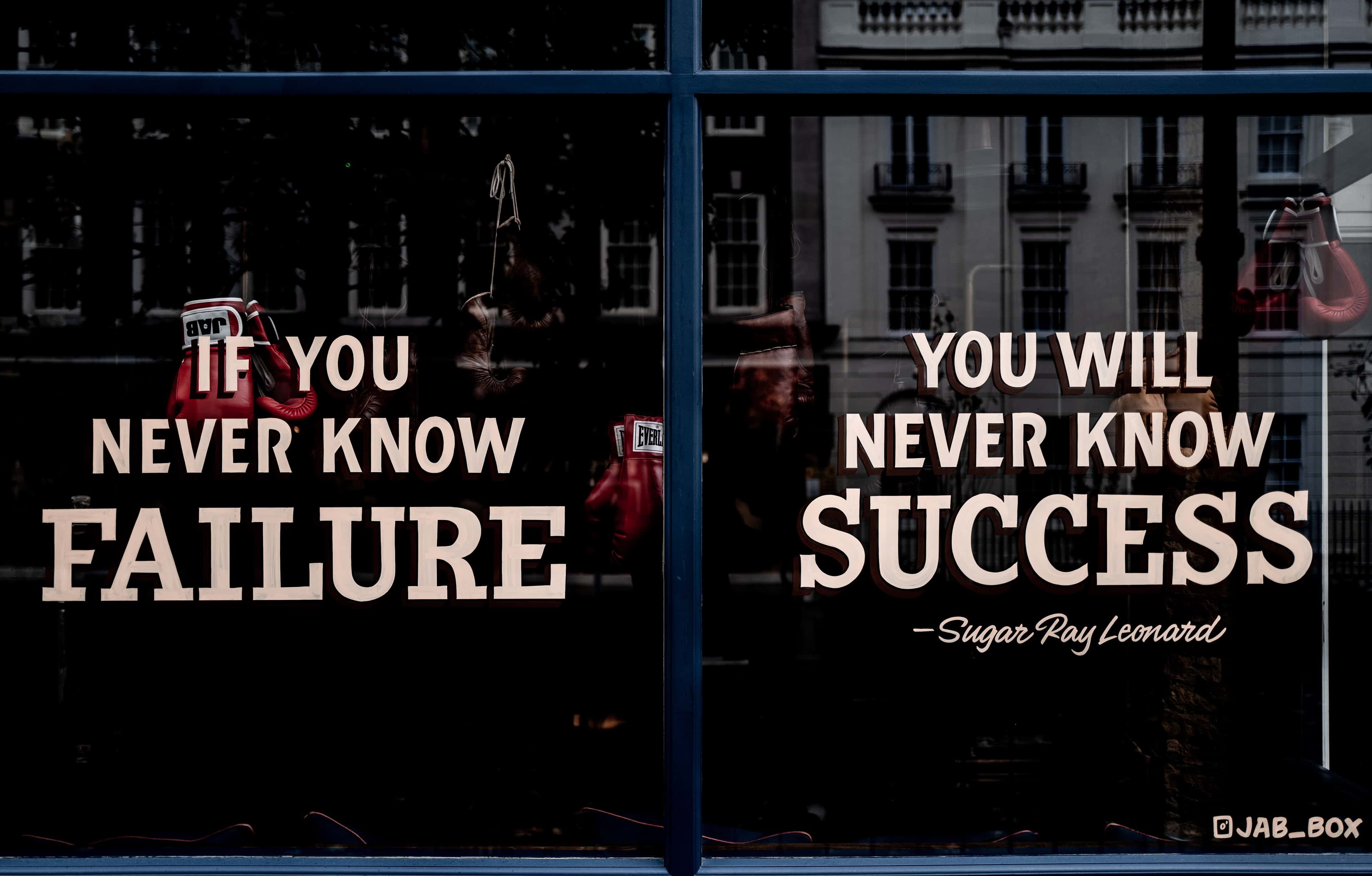The Art of Failing Forward: Why Failure is an Asset in Software Development

Failure is often stigmatized, especially in performance-driven fields like software development. However, viewing failure as a learning opportunity rather than a setback can be transformative. This article unpacks five compelling reasons why accepting and even welcoming failure is vital for growth and success in software development.
Failure as a Catalyst for Innovation and Experimentation
The fear of failure can create a culture of conservatism where developers hesitate to step outside their comfort zones. Embracing failure, however, encourages a mindset of risk-taking and experimentation. For instance, when traditional solutions don't yield the desired outcomes, the freedom to fail equips developers to explore unconventional approaches. The result? Innovation and improved methodologies that might not have been discovered otherwise. Moreover, being open to failure makes one more receptive to feedback, thereby paving the way for creative problem-solving.
Failure as an Inevitable Step in the Learning Journey
Expertise in software development isn't an innate trait but an acquired skill that requires continual refinement. Failure is an integral part of this evolutionary path. As novice developers grapple with new programming languages, mistakes are not just expected—they're instructive. Even seasoned developers, when tackling complex projects, will stumble and fall, picking up new skills and strategies in the process.
Failure as a Resilience Builder
The road to becoming a proficient software developer is littered with challenges and setbacks. Developing a thick skin towards failure cultivates resilience, enabling developers to recover quickly and keep moving forward. If a project gets rejected, it’s tempting to be disheartened. However, a resilient developer would dissect the failure to understand what went awry, thereby arming themselves with invaluable insights for future projects.
Failure as a Foundation for a Growth Mindset
The concept of a growth mindset—the belief that one's abilities can be honed through dedication and hard work—is critical in software development. Viewing failures as stepping stones rather than stumbling blocks fosters this mindset. A developer anchored in growth thinking perceives a botched project not as a career low-point but as an invaluable learning experience. This perspective not only fuels personal development but also instills a sense of self-motivation that is instrumental for long-term success.
Failure is not the enemy but an ally in the quest for mastery in software development. It serves as a driver for innovation, a cornerstone in the educational journey, a tool for building resilience, and a bedrock for cultivating a growth mindset. By reframing our relationship with failure, we can unlock new dimensions of skill, effectiveness, and enduring success in our development careers.